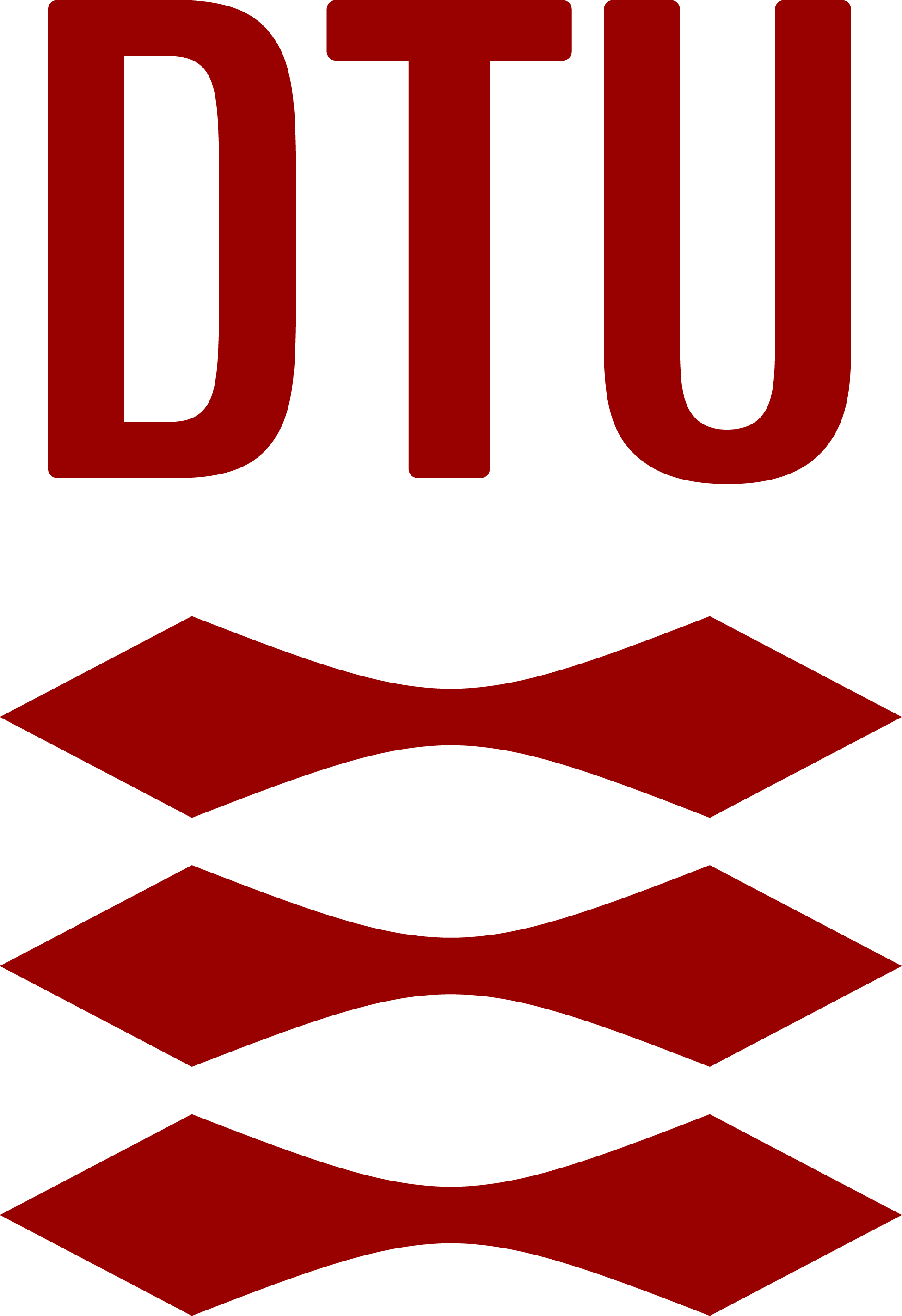About this course
The overall purpose of the course is to provide the student with a basic understanding of power supplies (uninsulated and insulated) in DC and AC converters as well as one-phase and three-phase circuits. In addition, courses include a basic knowledge of the use of switch mode power electronics in simple, regulated systems, eg in motor drives, renewable energy systems and amplifiers
Learning outcomes
At the end of the course the learner will be able to: • describe and calculate the concepts of efficiency, mean value and power factor • classify converter types and pulse-width modulation • explain crucial properties of passive and active components in relation to power converters • determine the time course of voltages and currents for the basic converter topologies (buck, boost and buck-boost) and derivatives thereof • derive the transfer function for both the basic topologies and derivatives thereof • determine basic parameters in power electronics circuits based on simulations • design transformers in galvanically separated topologies (f.x. forward, flyback, push-pull, half-bridge, full-bridge) • determine basic parameters in switch mode circuits based on measurements on these • calculate signals and power losses in switch-mode power circuits • specify power converters and their components using English technical language under realistic working conditions for practicing engineers • clarify the operation of single-phase and three-phase pulse-width modulated inverters and pulse-width modulated rectifiers • explain crucial features of V / Hz control of three-phase AC machines and frequency converters.
Enrolment details
Mandatory exercises might be scheduled outside of schedule. This course is graded pass/not pass
Examination
Evaluation of exercises/reports. There is no final exam. Graded pass/fail only.
Activities
Learning is encouraged as co-creation with group and class members. Offered teaching material through videos and quizzes, chat-based communication, artificial intelligens, peer-review, problem solving and lab work, exercises.
Additional information
- Institution locationAnker Engelunds Vej 1, Online
- More infoCoursepage on website of Technical University of Denmark
- Contact a coordinator
- CreditsECTS 5
- LevelBachelor
- Contact hours per week4
- InstructorsArnold Knott
- Mode of instructionHybrid
